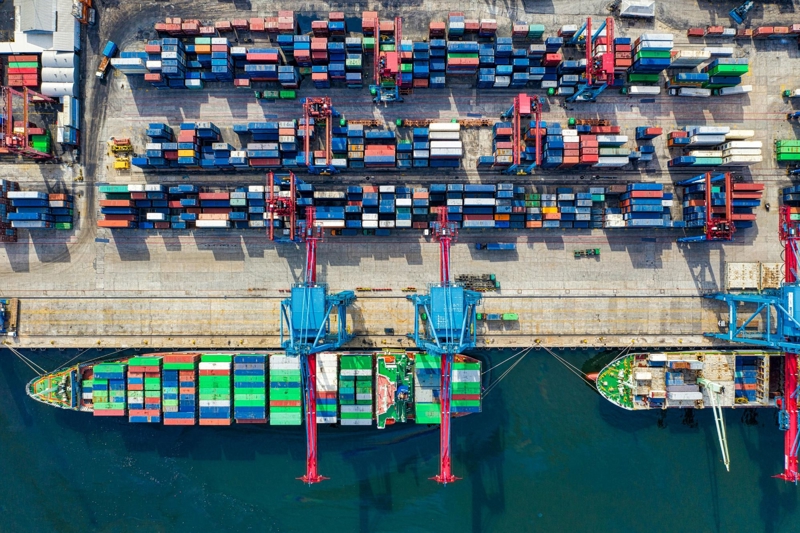The American Chamber of Commerce in Vietnam – Ho Chi Minh City (AmCham HCMC) has conducted its Mid-Year Market Update Survey 2025, providing a vital snapshot of business sentiment among member companies operating in Vietnam, amid global uncertainty, shifting trade policies, and ongoing domestic reforms.
Drawing responses from a wide array of sectors—including manufacturing, professional services, logistics, real estate, energy, tourism, and F&B—the survey reveals a business climate that is cautiously optimistic but not without concern.
When asked to rate the overall business climate in Vietnam, 37 per cent of companies called it “somewhat positive,” while another 30 per cent were “neutral.” Respondents recognized recent progress in administrative reform, such as reduced paperwork burdens and digital government initiatives.
Business performance in the first half of 2025 showed significant divergence across sectors. Nearly one in five companies (18 per cent) reported outcomes that exceeded expectations, led by strong gains in logistics, select manufacturing segments, and large-scale F&B enterprises.
Headcount trends were largely steady: 61 per cent of companies either increased (45 per cent) or maintained (16 per cent) the number of employees. Reductions were less common, with only 9 per cent reporting a decrease. This hiring activity signals that businesses are planning for longer-term growth, even if near-term revenue performance is mixed.
Indeed, revenue trends showed a split picture. Just over half of firms (52 per cent) reported revenue gains compared to the same period last year, while 29 per cent saw declines. The manufacturing sector accounted for both ends of the spectrum—with some firms benefitting from rising exports and others struggling due to tariff concerns and supply chain volatility.
However, several cited inconsistent policy enforcement, regulatory ambiguity, and limited provincial coordination as ongoing obstacles.
Challenges persisted for others: 29 per cent of businesses reported results that were slightly below expectations, while 12 per cent experienced significant underperformance. These shortfalls were most pronounced among smaller professional services firms, educational institutions, and segments of the real estate sector.
According to the survey, the most pressing concern across all sectors was the potential impact of U.S. tariffs. More than one-third (36 per cent ) of companies said they were “extremely concerned,” and another 41 per cent were “somewhat concerned.”
Many reported that U.S. trade policies had already “somewhat” or “significantly” hurt their operations. Manufacturers and exporters were particularly vocal, with some warning that future investment or expansion could hinge on greater predictability in trade relations.
Despite the challenges, many firms see meaningful opportunity on the horizon. Companies highlighted Vietnam’s growing role in global supply chains—especially as part of a "China 1" strategy—as a major advantage.
Others pointed to the expansion of the digital economy, rising consumer demand, and infrastructure development as signs of a resilient domestic growth engine. Professional services and logistics firms noted increasing demand for tech-enabled solutions, regulatory compliance services, and sustainable practices. Meanwhile, manufacturers expressed optimism about new purchase orders shifting to Vietnam from other Asian markets—though many cautioned this momentum will depend on both local conditions and global policy stability.
Looking ahead, sentiment for the remainder of 2025 is cautiously optimistic. While 39 per cent of respondents indicated a “slightly optimistic” outlook, and 32 per cent remained neutral, fewer than 10 per cent expressed “strong optimism” about near-term prospects. This measured confidence points to a business environment that is hopeful but mindful of lingering economic headwinds.
"The 2025 mid-year snapshot of AmCham member companies reveals a business environment marked by resilience and recalibration," the survey noted. "Firms are investing, hiring, and adapting—but they are also watching closely. For Vietnam to fully realize its potential, clarity on tariffs, consistent policy implementation, and accelerated reform remain critical. As one respondent put it, “The opportunity is here—if the roadblocks don’t get in the way.”









 Google translate
Google translate